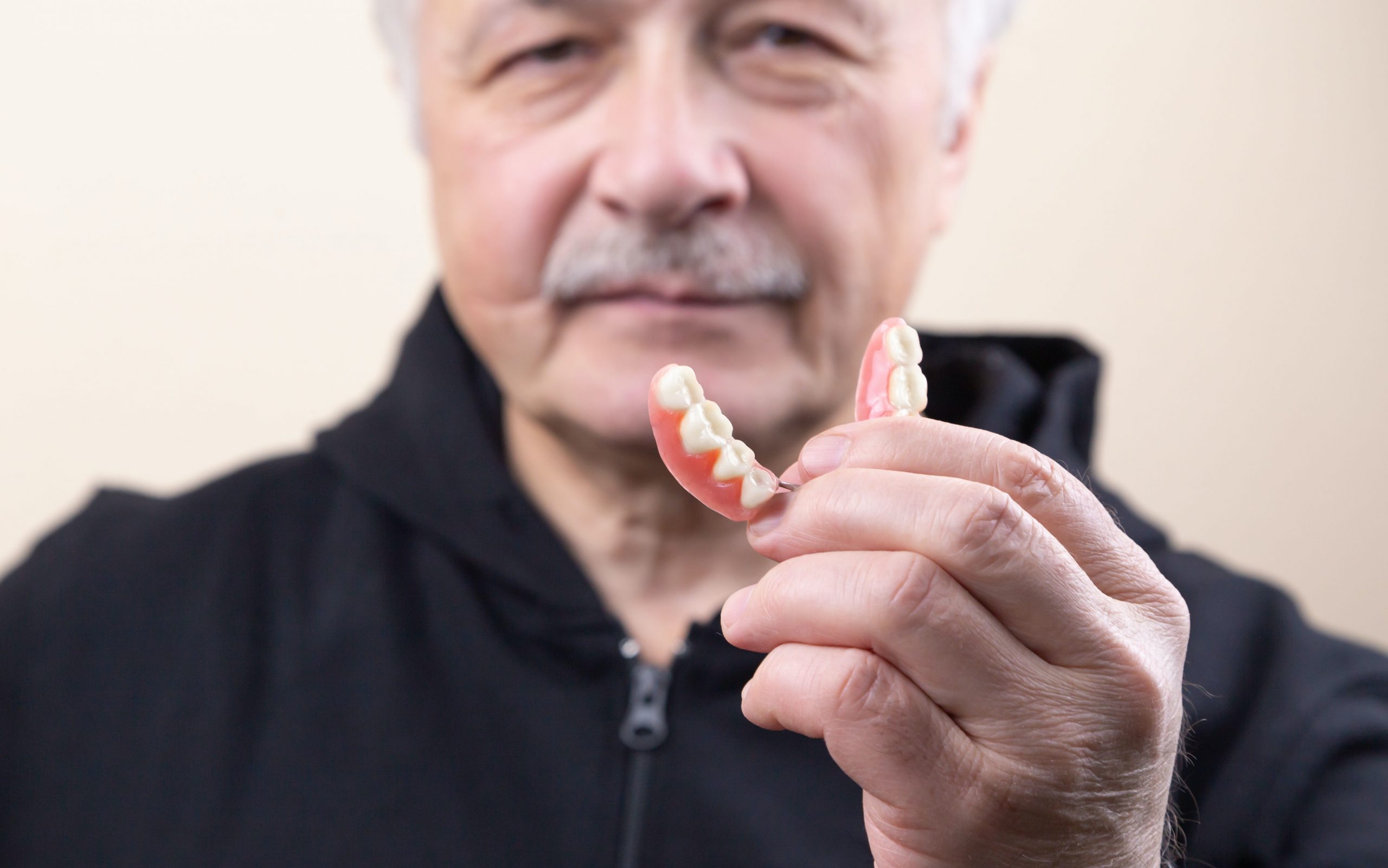
Cancer can be precisely diagnosed using a urine test with artificial intelligence
Cancer is one of the leading causes of death worldwide, with an estimated 10 million deaths in 2020 alone. The earlier the cancer is detected, the better the chances of survival. However, current diagnostic methods such as biopsy and imaging are invasive, time-consuming, and can be costly. Recent research has shown that urine test with artificial intelligence (AI) can accurately diagnose cancer, providing a non-invasive, cost-effective, and timely solution.
What is a urine test for cancer diagnosis?
A urine test is a non-invasive diagnostic method that measures various biomarkers present in urine. These biomarkers can indicate the presence of cancer cells or substances produced by cancer cells. Traditional urine tests have limited accuracy and can produce false-positive or false-negative results. However, the integration of AI can improve the accuracy and reliability of urine tests for cancer diagnosis.
How does artificial intelligence help in urine tests for cancer diagnosis?
AI algorithms can analyze large amounts of data from multiple sources, including medical records, imaging scans, and lab tests, to identify patterns and biomarkers associated with cancer. In urine tests, AI can identify specific biomarkers that indicate the presence of cancer cells or substances, even in low concentrations. AI can also integrate data from multiple biomarkers to increase the accuracy and reliability of the test.
Recent studies on urine tests with AI for cancer diagnosis
Several recent studies have demonstrated the effectiveness of urine tests with AI for cancer diagnosis. In a study published in the journal Nature Communications in 2019, researchers used AI to analyze urine samples from patients with prostate cancer. The AI algorithm identified specific biomarkers that were present in the urine of patients with prostate cancer but not in healthy individuals. The test had a sensitivity of 74% and a specificity of 92%, indicating its potential as a non-invasive diagnostic method for prostate cancer.
Another study published in the journal EBioMedicine in 2020 investigated the use of urine tests with AI for the diagnosis of bladder cancer. The researchers used AI to analyze urine samples from patients with bladder cancer and healthy individuals. The AI algorithm identified specific biomarkers that were associated with bladder cancer and had a sensitivity of 88% and a specificity of 82%.
Advantages of urine tests with AI for cancer diagnosis
Urine tests with AI for cancer diagnosis offer several advantages over traditional diagnostic methods, including:
Non-invasive: Urine tests are non-invasive and do not require a biopsy or other invasive procedures.
Cost-effective: Urine tests are less expensive than traditional diagnostic methods, making them more accessible to patients.
Timely: Urine tests are faster than traditional diagnostic methods and can provide results within hours, allowing for earlier diagnosis and treatment.
High accuracy: AI can improve the accuracy and reliability of urine tests, reducing the likelihood of false-positive or false-negative results.
Conclusion
Urine tests with AI offer a promising non-invasive, cost-effective, and timely solution for cancer diagnosis. Recent studies have shown that AI can identify specific biomarkers in urine that indicate the presence of cancer cells or substances, providing high accuracy and reliability. As AI continues to advance, urine tests may become a routine diagnostic method for cancer, improving early detection and survival rates.
Visit DocMode for Courses and lectures










